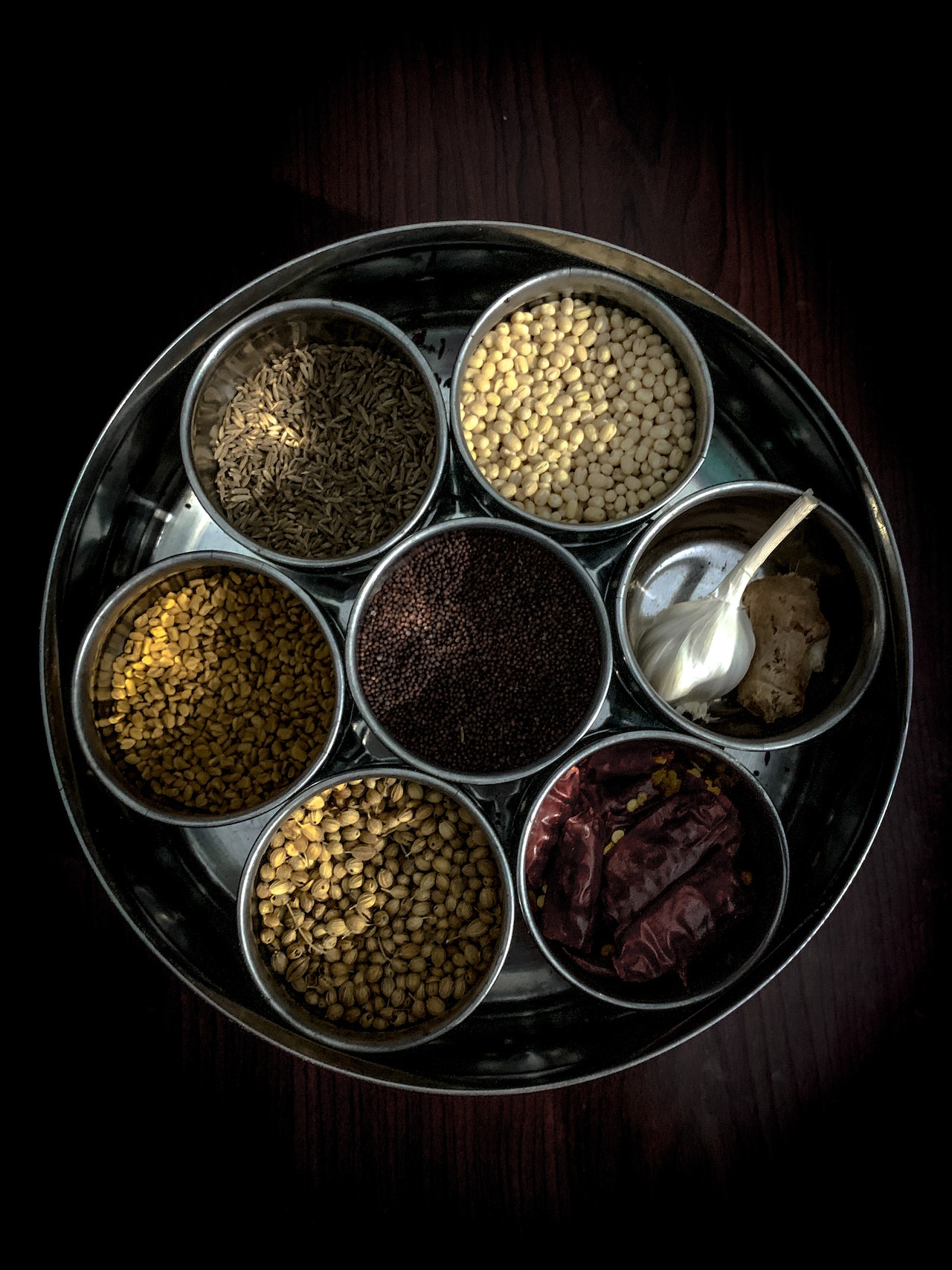In the modern world, we are surrounded by an endless selection of dairy products based on soy, oat, rice or other plant-based milk. A considerable number of people exclude white bread from the diet, not so much because of fast carbohydrates, but because of the presence of gluten protein in it. However, in any healthy diet, the choice of certain foods and the rejection of others must be justified and compensated, in order to avoid deficiency or excess of necessary elements.
So who are gluten-free and lactose-free diets suitable for? What are their pros and cons, and how to make a balanced diet with health benefits? Let’s figure it out.
lactose free diet
Lactose intolerance has been talked about relatively recently, although its roots are in our genes, so this problem accompanies humanity throughout its historical path. Moreover, scientists believe that the rejection of milk in adulthood was originally provided for by nature itself. But the ability to drink it all his life is a later mutation.
The carbohydrate lactose or, as it is also called, milk sugar is found in any milk of animal origin. In our body, it breaks down under the action of the lactase enzyme, but with age, enzymes may be produced insufficiently or not produced at all. Undigested lactose, entering the intestines, disrupts its work, which can be manifested by bloating, diarrhea, vomiting, or cramps. During life, the production of enzymes for the breakdown of casein protein also deteriorates. Because of it, acidity increases, which calcium quenches, as a result, milk not only does not become a source of calcium, but can also harm.
Because it’s all about genetics, statistics on dairy digestion problems vary greatly by age and country. It is estimated that almost 90% of Chinese people suffer from such intolerance, among Russians it occurs in about one in five.
Benefits of lactose
For those who easily digest lactose-containing foods, they may be helpful for:
- strengthening immunity;
- normalization of the intestines;
- acceleration of metabolism;
- normalization of calcium metabolism;
- better absorption of vitamin C
The harm of lactose
If you suffer from intolerance, diabetes or intestinal problems, you should be careful. Negative effects may include:
- fluid retention in the body;
- production of the sebaceous glands and the appearance of acne;
- weight gain;
- undigested milk sugar can become a breeding ground for pathogens in the intestines;
- Excessive milk consumption provokes the release of insulin.
Diagnosis of intolerance is a rather complicated process. But vegetable milk substitutes are now present in almost every store.
Gluten Free Diet
American researchers in the middle of the last century noticed that food can cause unusual allergic reactions and autoimmune diseases. The increase in such cases has been linked to the protein gluten, which is found in the shell of cereals. In cooking, he is responsible for the splendor of baking, but in the human body it can behave quite aggressively. The difficulty lies in the fact that gluten often also finds its way into sausages, sauces, yoghurts, sweets and many other dishes. As a result, the list of prohibited foods for people with gluten intolerance is very large.
Negative reactions are associated with the aggressive behavior of the protein in our body. In response to such interference, the immune system produces antibodies that lead to allergic reactions, rashes, periodontal disease, or even hidden inflammation. In addition, there is a genetic disease called celiac disease, in which gluten fibers damage the villi of the small intestine. It is an extremely rare but very serious disease characterized by bloating, weight loss, diarrhea and abdominal pain, and in extreme cases leading to malnutrition, anemia, diabetes, osteoporosis and atrophy of the intestinal wall. If it is detected, all gluten-containing foods will be removed from the diet forever.
Pros of a gluten-free diet
Eliminating gluten from the diet can also be beneficial for healthy people who want to:
- reduce weight;
- remove slags;
- clear the skin
- stimulate digestion.
Cons of a gluten-free diet
The exclusion of grain products can result in a lack of useful elements. It is important to maintain a balance to avoid deficits:
- gland;
- calcium;
- vitamin D;
- B vitamins;
- fiber.
To comply with the diet, it is necessary to exclude all products made from wheat flour, including bread and sweet pastries, pasta, semolina, as well as bulgur and couscous. Substitutions can be rice flour or bean starch noodles, corn, potato starch, gluten free ready mixes.









